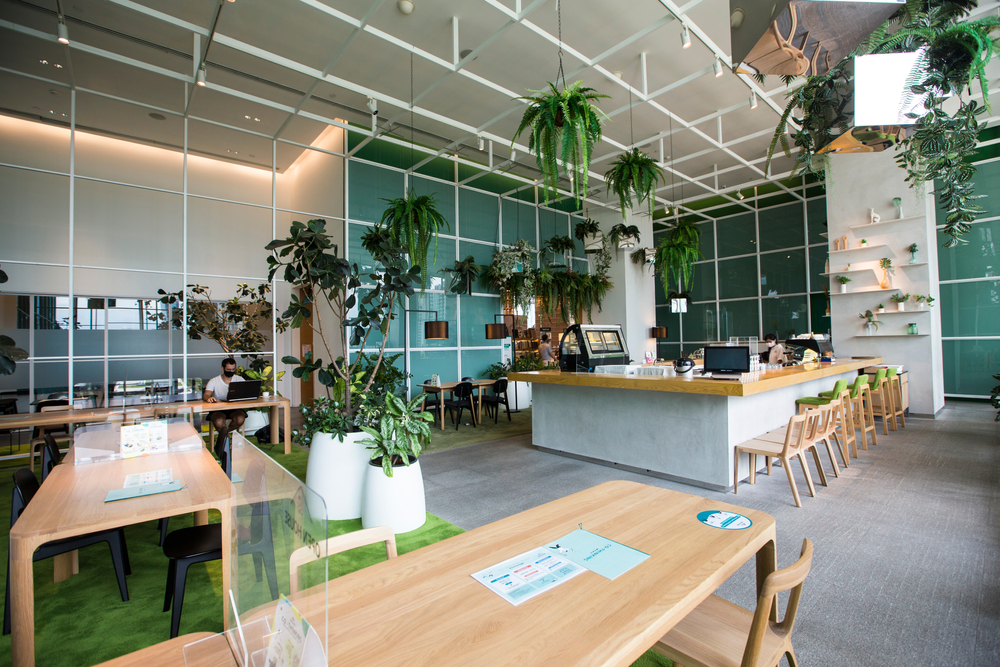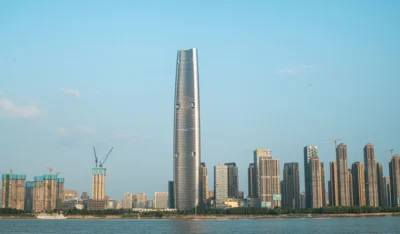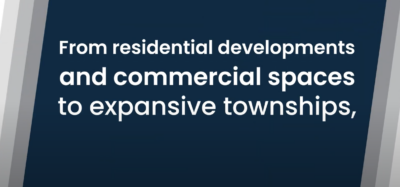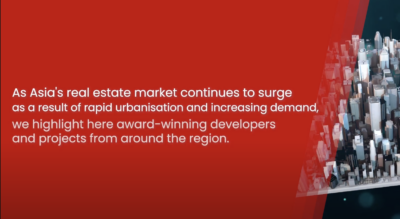The Asia Pacific region shows great enthusiasm for coworking spaces
Today, coworking office spaces have evolved into a lucrative real estate business and a critical factor in occupier strategy

The global coworking space market is estimated to increase at a CAGR of 18.9 percent from USD13.6 billion last year to USD16.2 billion in 2022. Companies are resuming operations and adapting to the new normal as they recover from the impact of COVID-19, which had previously resulted in restrictive containment measures, which created operational challenges.
The market is projected to go up to USD30.4 billion in 2026 at a CAGR of 17 percent, according to ReportLinker.
Sustainable coworking spaces are also becoming a trend that attracts entrepreneurs concerned about the environment.
Flexible offices have quickly become a global trend, with an ever-growing number of co-working spaces popping up globally. These provide companies and individuals with efficient, shared workspaces that may be rented.
The Asia-Pacific region showed a strong interest in flexible office spaces, accounting for nearly one-third of available co-working spaces across the globe. Hong Kong topped the list of providers of flexible workspaces in the Asia-Pacific region, followed by Shanghai, Tokyo, and Melbourne, as shown by Statista.
More: Investment potential for Asia Pacific real estate remains strong
Coworking spaces are also gaining traction in India. The country’s workforce has grown significantly in recent years, and as a result, many coworking spaces have appeared. This is also in response to the inventive and creative office spaces that have opened during the pandemic.
Coworking began with freelancers. Today, it has evolved into a lucrative real estate business and a critical factor in occupier strategy.
Another reason that flexible office spaces are preferred by companies is that these are perfect for businesses seeking to keep things more compact, as reported by Financial Express. Companies even consider obtaining aesthetically pleasing co-working workspaces ideal for high-end client meetings.
The cost-effectiveness of coworking spaces is a key feature that attracts many businesses. Flexible offices are well-known for having cheaper rental costs than traditional offices.
Startup companies have greatly benefited from flexible offices. Because of the unpredictable nature of startups, they are less willing to commit to long-term rental agreements for typical office premises. As a result, coworking spaces have evolved to meet the demands of startups, providing productive workplaces without the commitment of a long-term contract.
The Property Report editors wrote this article. For more information, email: [email protected].
Recommended
6 developments driving Asia’s green real estate shift
Developers are being incentivised to push a green agenda into daring new realms
The Philippines’ LIMA Estate drives sustainable industrial growth
LIMA Estate models a citywide vision that uplifts workers while appealing to climate-conscious employers
Malaysia property market rebounds with foreign interest and growth
The nation’s property market is stirring to life, fuelled by foreign buyers and major infrastructure drives
China’s renewable energy surge redefines housing norms and development
From exporting solar panels to building entire green-powered neighbourhoods, China’s renewable surge is redefining housing norms







